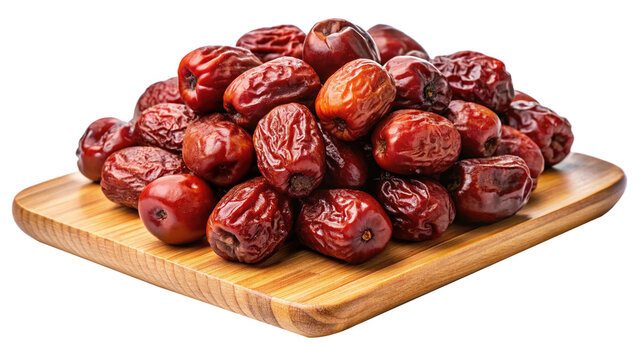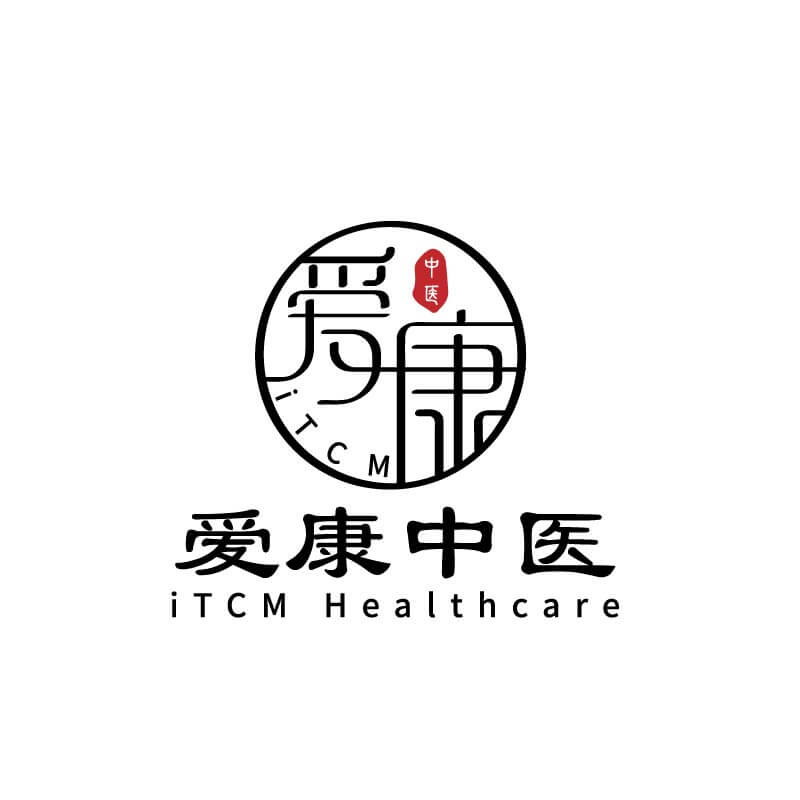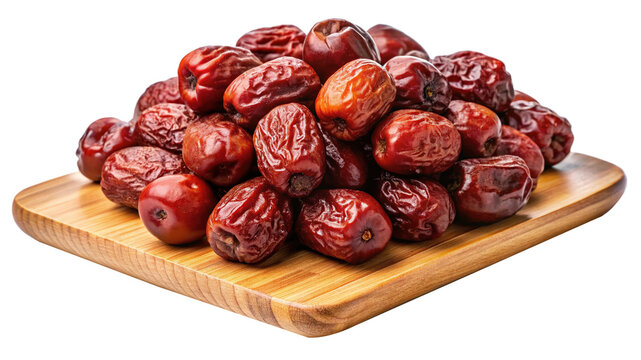
When people think of “blood tonics,” red dates, longan, and gelatin desserts often come to mind.
Many women drink red date tea or sweet soups after menstruation or when feeling tired — hoping to “replenish blood.”
But from a TCM perspective, that’s only a surface-level approach — and not suitable for everyone.
True blood nourishment in TCM begins with understanding the body’s inner balance.
The spleen transforms food into blood, the liver stores and regulates it, and the kidneys provide essence to sustain it.
If the spleen is weak, there’s “no source” to make blood — no matter how much tonic you take.
If the liver is stagnant, circulation is blocked and nourishment cannot reach where it’s needed.
If the kidneys are deficient, blood production becomes weak, leading to fatigue, dizziness, pale lips, or cold limbs.
That’s why TCM emphasizes “unblocking before tonifying, and balancing while nourishing.”
Classic formulas such as Si Wu Tang (Four Substances Decoction), Gui Pi Tang, or Dang Gui Bu Xue Tang are tailored to one’s constitution.
Acupuncture and moxibustion may be used to improve circulation, enhance blood generation, and support the body’s natural healing rhythm.
Lifestyle, too, plays a vital role.
Sufficient rest, emotional balance, and a wholesome diet all help the body build and circulate healthy blood.
As the TCM saying goes: “Qi moves the blood, and blood nourishes the qi.”
When both flow harmoniously, you’ll notice a healthy glow, smooth menstrual cycles, and renewed vitality.
If you often feel tired, cold-handed, or notice pale complexion and light menstrual flow,
your body may be signaling qi and blood deficiency.
It’s best to consult a licensed TCM physician for pulse and tongue diagnosis to understand your constitution,
and receive a customized treatment plan that gently restores balance —
helping your body regain warmth, radiance, and steady energy from within.

